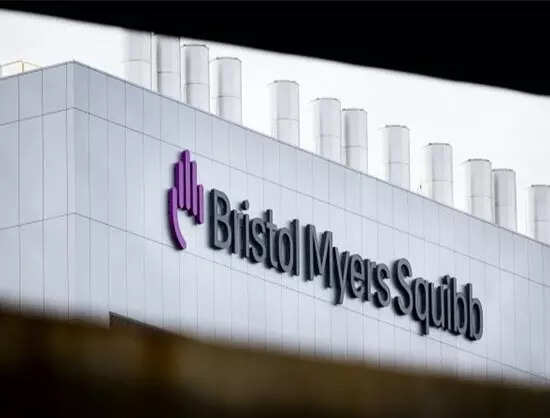- Regulatory Update
- 2 min read
European Commission expands Bristol Myers' CAR-T therapy approval for another type of Blood Cancer
The decision is based on results from the global, phase 2 trial where the therapy demonstrated an overall response rate of 97.1 per cent and a complete response (CR) rate of 94.2 per cent.
Breyanzi (lisocabtagene maraleucel; liso-cel), is a CD19-directed chimeric antigen receptor (CAR) T cell therapy, indicated for the treatment of adult patients with large B-cell lymphoma (LBCL), including diffuse large B-cell lymphoma (DLBCL)
“This additional approval for Breyanzi in FL represents a critical step forward in our mission to deliver on the transformational promise of cell therapy for more patients across Europe,” said Emma Charles, senior vice president, Europe Region, Bristol Myers Squibb.
In a release the company stated, the decision is based on results from the global, phase 2 trial where the therapy demonstrated an overall response rate of 97.1 per cent and a complete response (CR) rate of 94.2 per cent.
As per the company, safety results were consistent with the well-established safety profile of Breyanzi observed across clinical trials and approved indications, with no new safety signals observed in FL and any grade neurologic toxicities occurred in 16 per cent of patients, including where the median time to onset of the first event was 8 days (range: 4 to 16 days).
This expanded approval is applicable to all European Union (EU) member states as well as the European Economic Area (EEA) countries Iceland, Norway and Liechtenstein, it added.
Breyanzi is approved in the US, Japan, the EU, Switzerland, the UK for the treatment of relapsed or refractory large B-cell lymphoma (LBCL) and the company claims itself to be the only company with two approved CAR T cell therapies with two distinct targets, available in major markets around the world.
However, the company also noted that, Breyanzi is not indicated for treating patients with primary central nervous system lymphoma.
As per the company's annual financial statement, the medical breakthrough generated $747 million in 2024, reporting a jump of 105 per cent from the previous year benchmark.
CAR T-cell therapy is a form of cancer immunotherapy where a patient's own T cells are genetically modified in the lab to recognise and attack cancer cells.
The US FDA has approved the first CAR T-cell therapy in 2017 to treat children with acute lymphoblastic leukemia (ALL). Since then, others have been approved to treat adults with blood cancers like non-Hodgkin lymphoma and multiple myeloma.



COMMENTS
All Comments
By commenting, you agree to the Prohibited Content Policy
PostBy commenting, you agree to the Prohibited Content Policy
Post